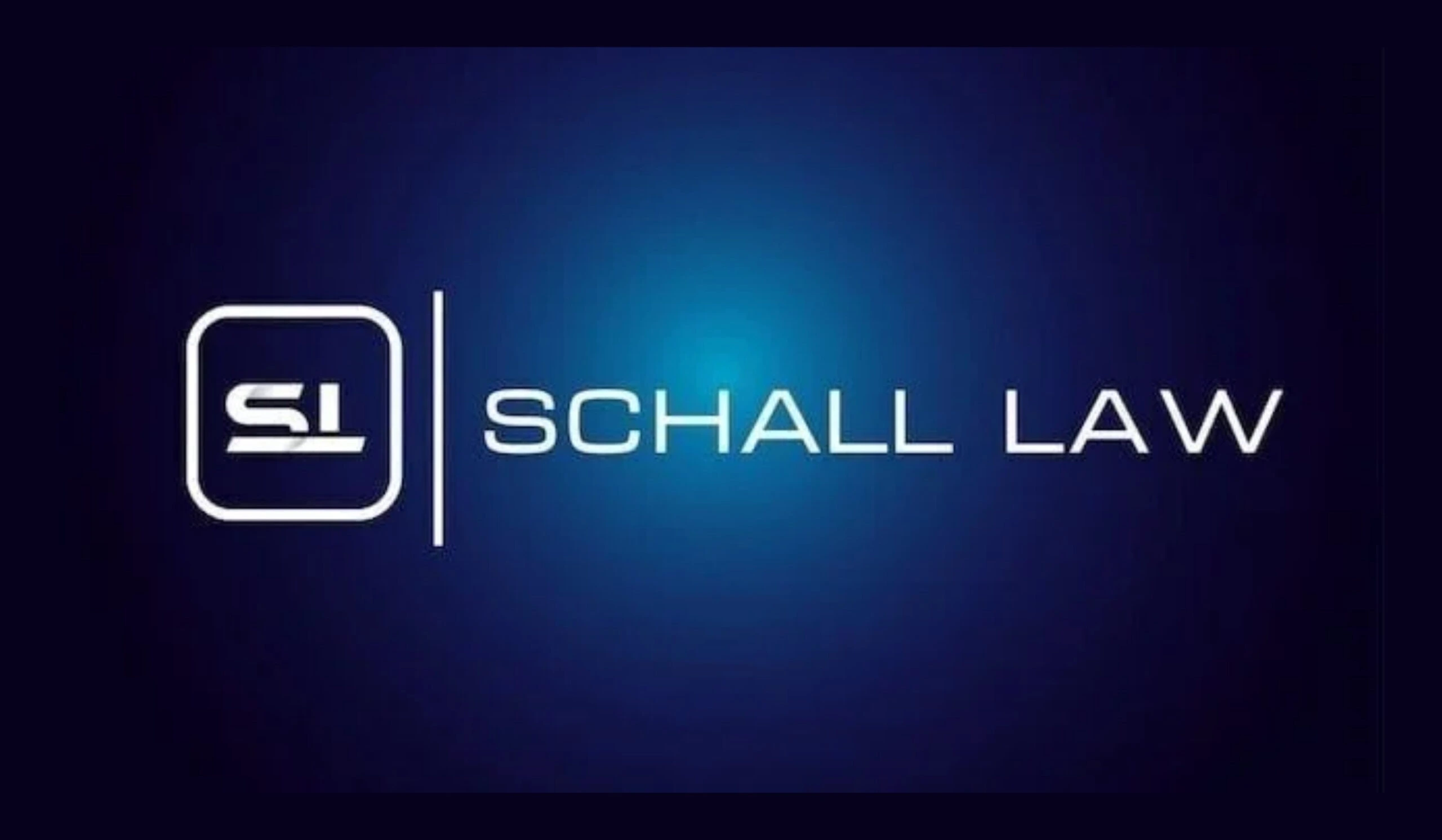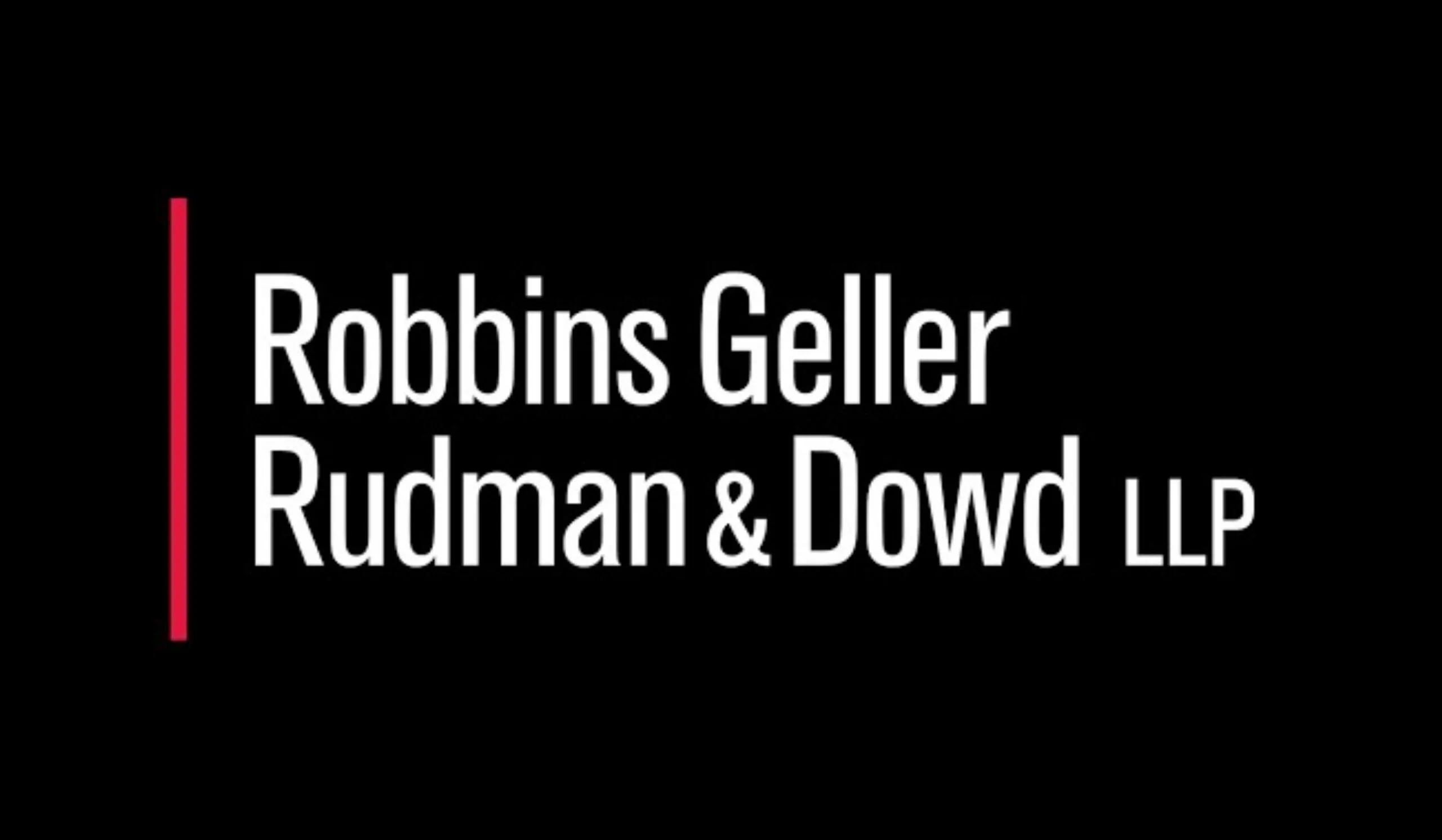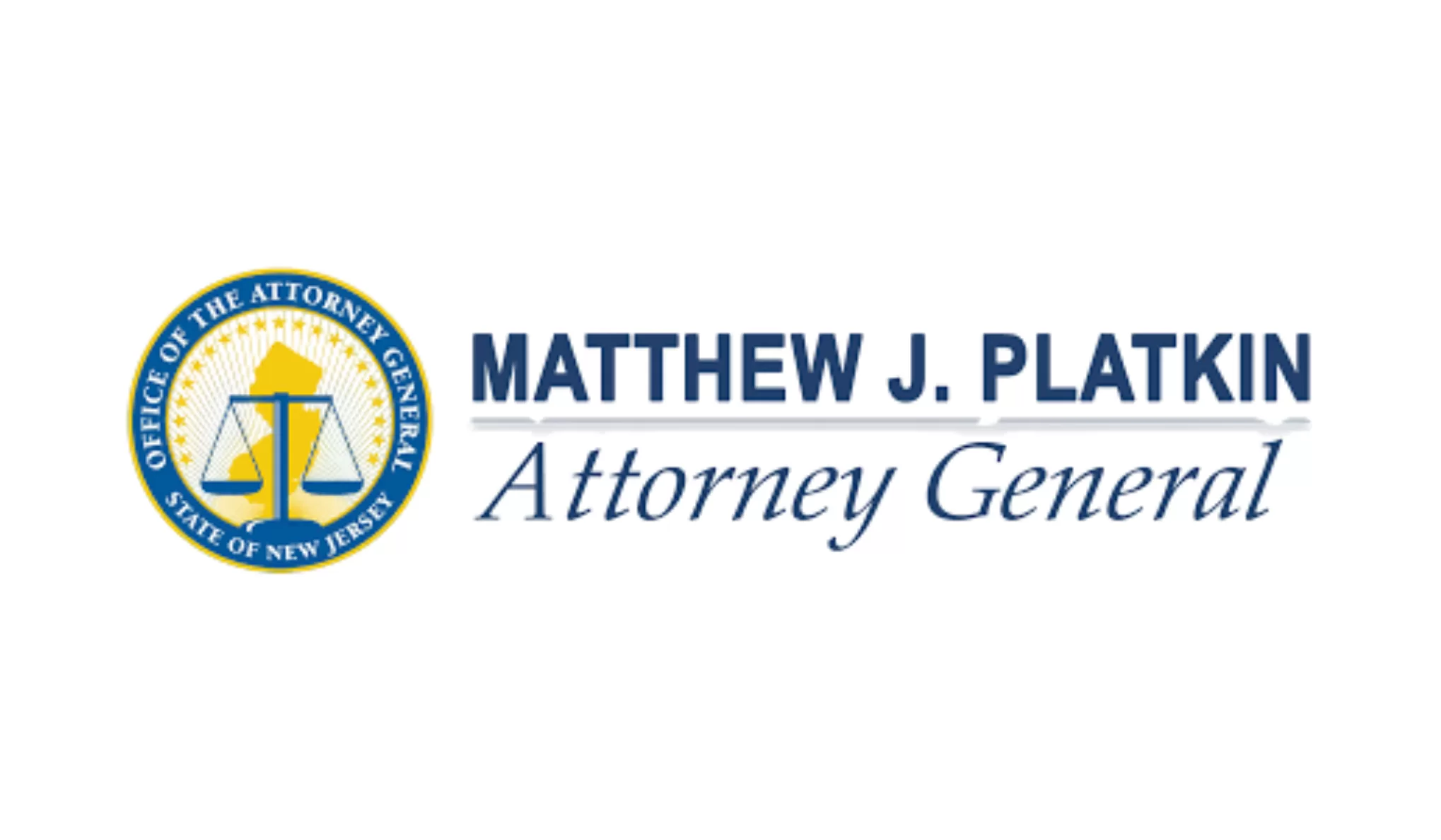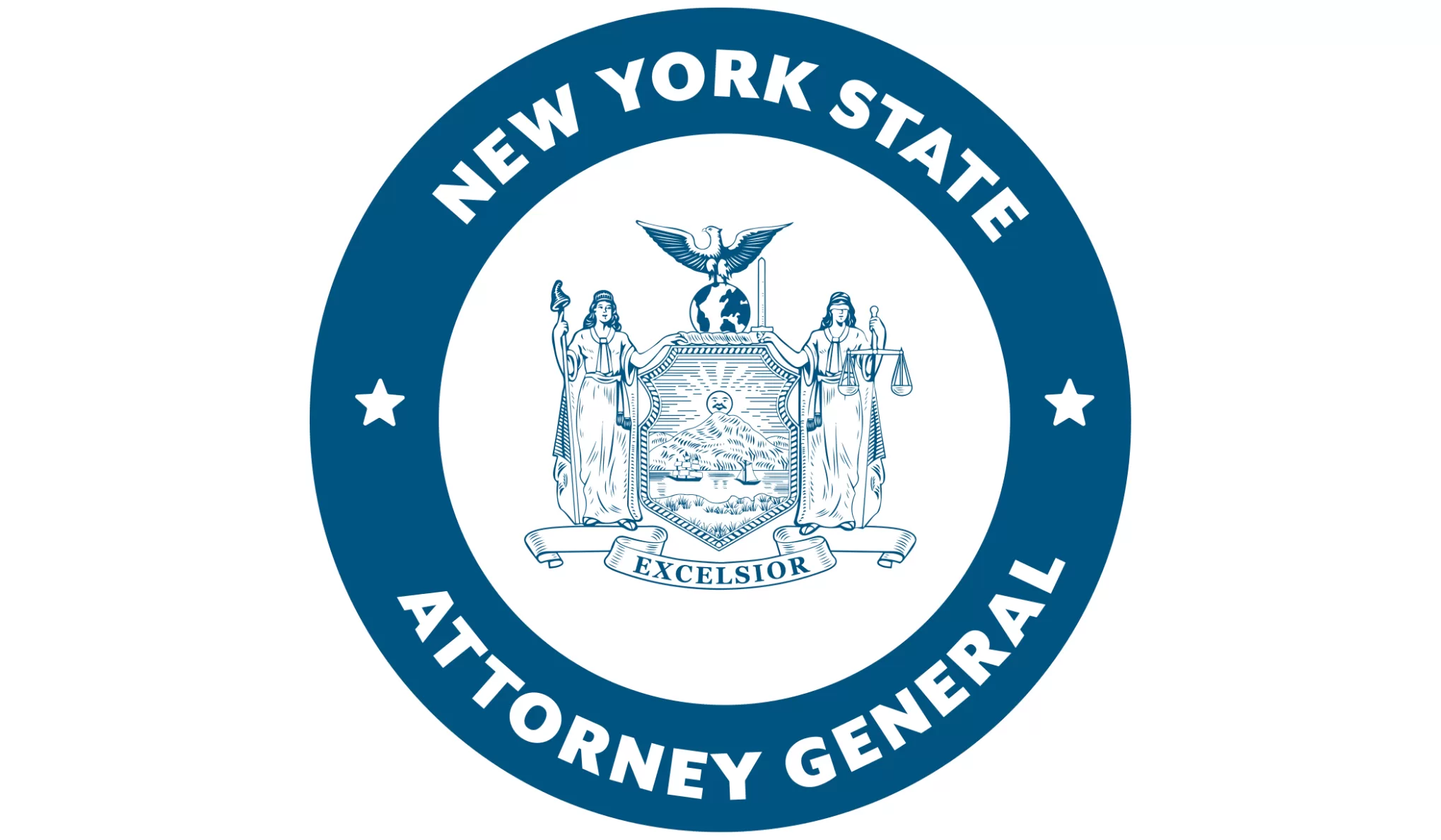The King’s Lands
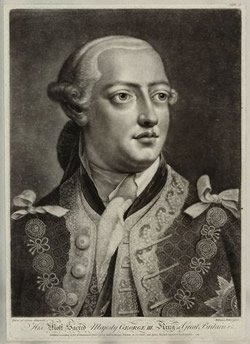 King George |
King George III once believed that America was his land; the land of the crown of England, to be ruled over without the consent of the governed. His powers, even though partially limited by England’s ruling-class parliament, were sweeping through the use of royal proclamations, much like today’s Executive Orders (EO).
It was one such decree that created further animosity between the colonists and the crown and is said to have contributed to the rising conflict that would later flare into the Revolutionary War – The Royal Proclamation of 1763. In effect, the king sought to manage the expansion of the colonists as well as control the headwaters of all rivers that flowed into the Atlantic by forming a line along the Appalachian Mountains. It was a line the colonists were forbidden to move beyond.
“Colonial officials could not grant lands without royal approval, and the proclamation gave the crown a monopoly on all future land purchases from American Indians.” –Wikipedia.
Needless to say, it didn’t work-out all that well for King George, and I am perplexed as to why the same tactics are being put up with today under the guise of national monuments.
A national monument in the United States is land confiscated by the stroke of a Presidential pen under the Antiquities Act of 1906 by an Executive Order asserting that certain lands are now protected under federal law and jurisdiction. In essence, if the king decrees it such, it is to be.
 |
If there is land owned by citizens within the borders of a national monument it does not become part of the monument until which time the federal government acquires title. However, restrictions on land use will be imposed as to not affect the monument. The land owner is essentially land-locked and forced to ultimately transfer title to the government.
All water rights within national monuments fall to the federal government. How interesting that the currently proposed Siskiyou Crest National Monument completely confiscates the headwaters of the Rogue and Applegate rivers – all of this of course is done under the guise of protection.
But, who protects the people’s interests and the rights that we inherently have when the Constitution – the instrument that mandates the government not trample these rights – is utterly ignored by the whim of whatever president is in power?
The usurpation of land for use determined by a government and not by the people becomes, in essence, the king’s land. And with a reported 136 million acres in 71 National Monuments located in 26 states, there is a lot of land owned by the crown.
The Power of the King
The taking of land wouldn’t be possible without the power of the Executive Order, an instrument that has been utilized since 1789 to typically keep management in the executive branch and its agencies functioning. This could include something as small as extending one’s service beyond retirement age (something that if you look into the records happened quite often). But, the power of the Executive Order has grown, and is almost limitless, especially in times of crisis. The only challenge comes from Congress or by the courts, and this hasn’t happened as often as one might think, and definitely not often enough to curtail the ever-expanding power of the orders.
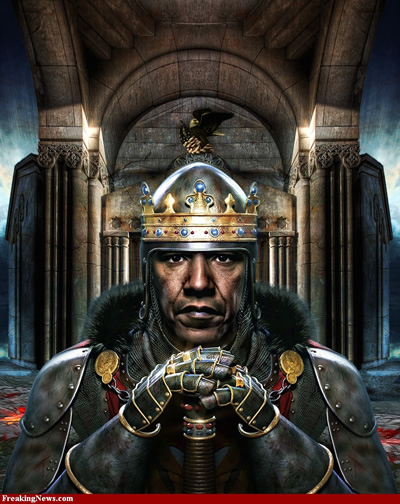 Return of the King? |
According to a Phyllis Schlafly Report titled, Power Grab Through Executive Orders:
The term Executive Order does not appear in the Constitution. The Executive Order authority derives from the President’s Article II, Section 3 power to “take care that the laws be faithfully executed.” However, “laws” must mean laws that are already passed, not laws that an Executive Order purports to create. The validity of particular Executive Orders has often been questioned, but neither Congress nor the Supreme Court has ever defined the extent of their power, and courts have rarely invalidated or even reviewed EOs.
In a News Record (student newspaper at the University of Cincinnati) opinion piece, Executive orders compromise democracy, by Jeremy Davis (Feb. 2010), Davis wrote:
The Founding Fathers didn’t draft the Constitution with a central leader with extensive power in mind. Their experience of living under the rule of a despotic king fueled their attempts to prevent a tyrannical centralized government from taking hold here.
The nature of the presidency and its expanding power has been evolving more and more with each passing administration…
Then there are the chilling words of Harry V. Martin, who wrote The Executive Order in Time of War:
… the President now has the power to transfer whole populations to any part of the country, the power to suspend the Press and to force a national registration of all persons. The President, in essence, has dictatorial powers never provided to him under the Constitution. The President has the power to suspend the Constitution and the Bill of Rights in a real or perceived emergency. Unlike Lincoln and Roosevelt, these powers are not derived from a wartime need, but from any crisis, domestic or foreign, hostile or economic. Roosevelt created extraordinary measures during the Great Depression, but any President faced with a similar, or lesser, economic crisis now has extraordinary powers to assume dictatorial status.
Clearly, the king has returned, with decree in hand, and the people are left powerless; left to tell tales of a once great republic when liberty, freedom and justice existed for all.
Writer’s Note: America is in dire straits. There was already talk of using EOs to raise the debt limit, thereby circumventing congressional action. Also, these EOs remain on the books, just like a legislated law. One such EO is President Clinton’s order #13107, The Implementation of Human Rights Treaties. It could be the final nail in the republic’s coffin. If our government ever moves to ratify the UN’s International Covenant on Economic, Social, and Cultural Rights (ICESCR), we would be obligated to follow the UN’s mandates. At that point, ladies and gentlemen, the game is over; our country is lost to a global government and the only way to reclaim it is to fight for it.
Executive Orders per President since FDR:
Obama …………………………..184 (so far)
GW Bush ……………………….291
Clinton …………………………..364
G. Bush ………………………….166
Reagan ………………………….381
Carter …………………………….320
Ford ……………………………… 169
Nixon ……………………………..346
Johnson ………………………..324
Kennedy ………………………..214
Eisenhower …………………..486
Truman ………………………….896
FD Roosevelt ……………….. 3,728






